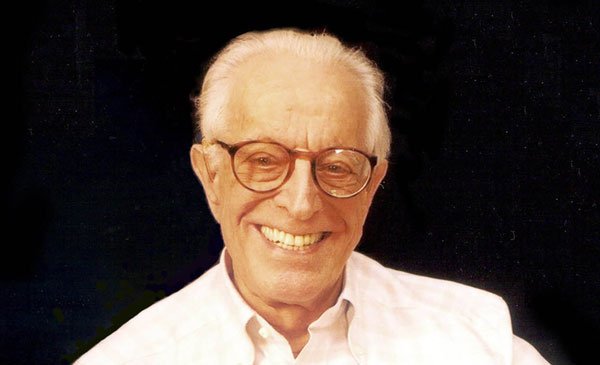The ABC Model of Depression

Until recently, from a medical standpoint, it was assumed that depression was caused by biochemical imbalances and the truth is that this way of thinking had some sense to it. In fact, in so-called endogenous depressions, there are imbalances of neurotransmitter levels. However, these depressions are not very common and normally they are the reaction to some important loss for the person.
In this sense, the cause is not biochemical, but it is also not due to the situation that has taken place. And you may wonder, then what is the cause of that deep sensation of sadness that often comes along with depression?
The real cause of the depressive emotional state is the way of thinking, the way in which the person, through the filter of depression, interprets what is happening. It is the thoughts created alongside the emotional state that make it last so long.
The good news is that, despite not being able to choose the situation, we can get involved in the way that we interpret and deal with it. Herein lies our responsibility, and it is in our hands to modify that interpretation of the facts.
The ABC model
Albert Ellis, the father of rational therapy, created the ABC model so that patients would notice that it was not the activating event that was causing their emotional discomfort, but the their thoughts and beliefs.

It is worth stating that we must distinguish between healthy emotions and unhealthy emotional states. Healthy negative emotions like sadness, fear, or discomfort help us to face what has happened in our lives in an efficient way.
They move us to action, with logic and their realism. However, unhealthy emotional states, like depression, anxiety, guilt, or rage block and paralyze us. They do not allow us to face the situation, but rather, they make it worse and put us into a vicious circle that it is hard to escape.
It is normal to feel a healthy sadness when we have lost a job or our partner, but it is not normal for that sadness to be too intense, frequent, and long-lasting and to end up turning into depression. What is missing here is what you have to tell yourself about that loss.
The ABC model distinguishes the A (activating event), the B (my beliefs and thoughts about the event), and the C (consequences: how I feel and act in the face of this event). B would be the true case of C and not A. Normally, we tend to think that the situation is always responsible for how we feel, but this is not true, and we can prove this easily when we look at the fact that different people under the same circumstances have diverse emotions.
B dyed black
The ABC of depression could be outlined in the following way: there is an activator or A that responds to a vital loss, something very powerful for us, or to the thoughts, or to which the thoughts or B taken on the black color. We tend to see ourselves as useless, the world as a place full of spines and dark clouds, and we may prefer not to even look at the future because we are harboring tremendous despair.
These thoughts flood our minds and we believe that they are true. If I think it, it is true, we assume. This is not how things really are, but our heads tend to generalize, to label things across the board, to dramatize, etc. And this is exactly what creates our intense suffering, our emotional C, which we call depression.
“The emotions that undermine our primary goals and purposes in life are destructive and irrational. They are fundamentally: depression, excessive anxiety, excessive anger, and pronounced guilt.”
-Albert Ellis-

The truth is that we are not solving the problem like this. With this type of thoughts and emotions, we isolate ourselves, no longer doing pleasant things, and even breaking our daily routines. This would be the behavioral C, which on the other hand is illogical and goes against our goal, which is well being.
It is not possible to feel better if our behavior is to distance ourselves from everything that could make us feel better.
The C of depression
The short-term consequence of acting this way strengthens us because we free ourselves from the effort that it implies to get up and do things that we do not want to. But in the long term, it makes the problem chronic and we will keep feeling depressed.
By acting this way, we eliminate our support. And on top of that, we don’t give ourselves the chance to prove if our thoughts about ourselves, the world, and the future are true. As such, the key is to modify that negative B that is causing you harm and blocking you, and only you have the key to free yourself.
This text is provided for informational purposes only and does not replace consultation with a professional. If in doubt, consult your specialist.








